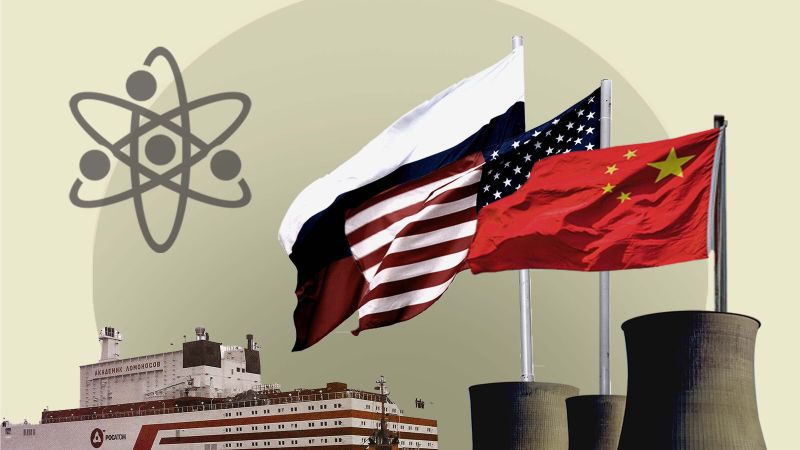Off the Siberian coast, not far from Alaska, a Russian ship has been docked at port for four years. The Akademik Lomonosov, the world’s first floating nuclear power plant, sends energy to around 200,000 people on land using next-wave nuclear technology: small modular reactors.
This technology is also being used below sea level. Dozens of US submarines lurking in the depths of the world’s oceans are propelled by SMRs, as the compact reactors are known.
SMRs — which are smaller and less costly to build than traditional, large-scale reactors — are fast becoming the next great hope for a nuclear renaissance as the world scrambles to cut fossil fuels. And the US, Russia and China are battling for dominance to build and sell them.



That’s not quite accurate. All the coal power plants in Ontario were shut down about 5-ish years before. Then they had planned more renewable capacity. Then a new leader of the province came in to power (the brother of a famous crackhead mayor), spent money to cancel the projects not with anything to do with nuclear but out of spite of the previous Liberal government.
Second, you look to Germany whose nuclear power plants were shut down which forced them to reopen coal power plants. Yes renewables are coming in hot and it’s the future, but don’t get the timeline twisted just to shift blame on nuclear, especially in my native Ontario.
Indeed yes, the idea of using these technologies to distract from other green energies is a valid concern, but I’ll say that until we have fusion (that is always 20 years away from reality) it takes all kinds of green energy sources to transition.